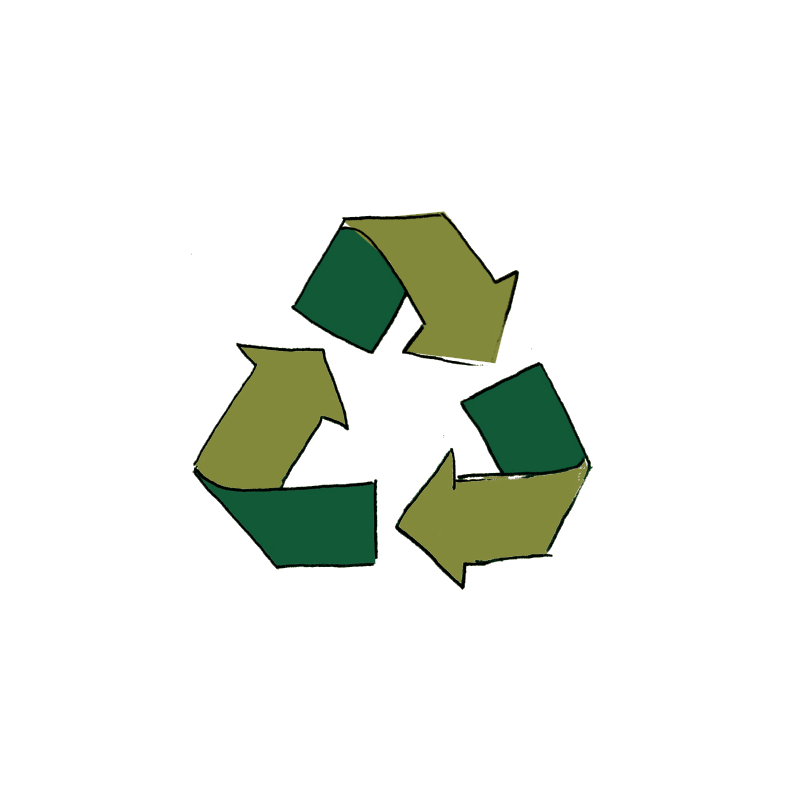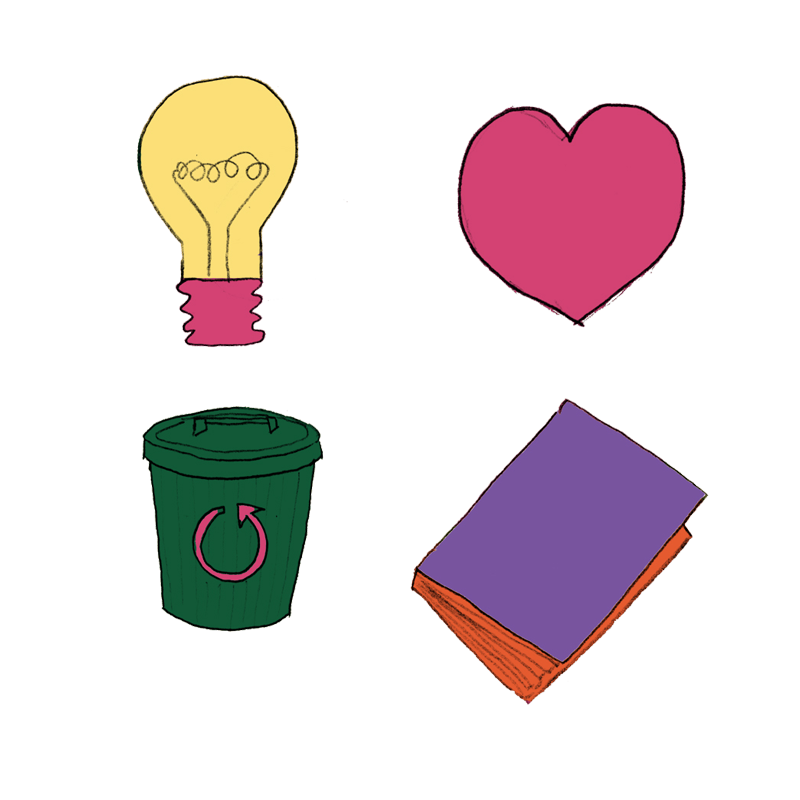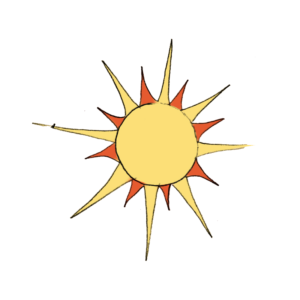Belinda Young is all too aware of the harmful effects of climate change. As a resident of the Yarra Ranges, she has experienced firsthand the impact of natural disaster on her community, and the ever-present threat of continuing extreme weather variations is never far from her mind. “Climate change is no longer something in the future. It’s happening to us right now, and for the sake of my family and my community, I’m doing what I can to address it.”
Belinda has been a climate activist for over 20 years. She’s organised tree plantings projects, written a blog for reducing single use plastics in the home and worked with Beyond Zero Emissions and the Melbourne Sustainable Society Institute. Belinda holds a Masters of Environment and is currently completing her PhD on the prevention of human caused bushfires.
She is not alone in her commitment to climate action.
“Climate change is no longer something in the future. It’s happening to us right now, and for the sake of my family and my community, I’m doing what I can to address it.”
Women are disproportionately affected by the impact of climate change. The reasons for this relate largely to gender inequality and gender roles in our society. Women still earn less income than men, are more likely to take on child rearing and carer roles and are less likely to work full time or to have adequate savings or superannuation in their older age. These roles and responsibilities mean that women are more vulnerable to the increasing costs of food, water, electricity, gas, petrol and other goods, which come as a result of climate change. Women are also more likely to be victims of intimate partner and sexual violence, which can increase during heat waves and post disasters.
Despite the clear gendered impact of climate change, the significant leadership roles that women and girls have in developing solutions for climate action remain under-valued and under-recognised. This needs to change.
For this year’s International Women’s Day (IWD), Women’s Health East has aligned with the United Nation Women’s IWD celebration of Changing Climates: Equality today for a sustainable tomorrow. This theme recognises women and girls who are working to change the climate of gender equality to build a more sustainable future.
Women and girls worldwide are leading the way in their efforts to combat global warming. For girls and young people, the damaging effects of climate change is one of the biggest concerns they have for their future. Young people have risen to the challenge globally to bring leadership attention to this important environmental and social issue.
We recognise and celebrate the advocacy of Greta Thunberg and Vanessa Nakate to spur a global environmental movement. Closer to home, women in our local communities are also leading the way on climate action.
Women’s Health East has put a spotlight on five remarkable women living and working in our region to hear about how they are taking action to address climate change.
Claire Capel-Stanley is an active member of Act on Climate, the grassroots climate collective of Friends of the Earth. Claire is currently writing a novel with a climate change storyline. Claire has always been aware of the effects of climate change. Taking action to address climate change has become particularly important to her over the past few years, as she witnessed the impact of the environment on her family and friends. “I couldn’t look away from the story of injustice embedded in what’s happening to our climate.” Claire seeks out work that has a positive environmental impact and enjoys supporting others to become active in addressing climate change.
Jess Ness grew up in rural Victoria where growing your own food, upcycling, composting, community working bees, and awareness of sustainability was a part of her everyday life and upbringing. Jess is now the facilitator of the Bedford Park Community Garden, a free forage garden and a space where local experts share their knowledge on sustainability to empower and inspire the local community. Jess has been instrumental in securing funding to deliver sustainability initiatives for the local community. “The connections you make through giving and sharing will likely end up being far more valuable than the item you’ve passed on, and will allow you to not only reduce your carbon footprint, your waste and your clutter, but those connections also help us feel safe and give us a sense of belonging.”
When seeking out local climate leaders to be involved in this IWD campaign, Jodi Long was quickly nominated by her colleague, Timothy. Timothy described Jodi as a critical member of Eastland’s Operations Team. Jodi has driven sustainability goals and actions and increased the Centre’s National Australian Build Environment Rating. Jodi is passionate about preserving our natural environment for her children and for future generations to thrive in. Jodi’s work has seen the installation of Eastland’s new waste management compactors, introducing an organics solution that reduces the amount of food waste going to landfill and redirecting it to biogas for fertilizer. Jodie has also introduced new software to help reduce the centre’s energy consumption.
Natalie Buttenshaw is a sustainable home gardener. She has grown her passion into a small business and now runs a small backyard seed farm. Natalie is passionate about sustainability and reducing food miles. She uses her social media platforms – buttenshawbackyardfarm which attracts over 40,000 followers – to educate people on the importance of their surrounding ecosystem and insect diversity. Natalie will often post tips, tricks and informative short videos to make growing your own food easy for everyone. She has also been featured on the television series Gardening Australia!
So, what else could we be doing? While most people feel very strongly about climate change and want to address it, many don’t know where to start. Jodi’s take is that “collectively, our small every day actions can have a big impact on the burden we place on our environment. It’s important that we’re all mindful of the environmental impact of our actions and where possible, seek to minimise this impact… Every small action can collectively make a big difference.”
“Collectively, our small every day actions can have a big impact on the burden we place on our environment. It’s important that we’re all mindful of the environmental impact of our actions and where possible, seek to minimise this impact. Every small action can collectively make a big difference.”
Why not join a climate action group in your local area? Claire mentions that “meeting people who are as concerned as you are and want to do something about it, is a great way to start becoming more involved.” This is exactly what Belinda did, although instead of finding an existing group, she started one herself! Belinda runs, Mums of the Hills, a community that has a strong ethos of reusing and recycling. Anything from borrowing libraries, maternity, baby and children’s clothing and ski gear, kids party goods and books. “If there are items that can be reused, we’ll find a way to do it at a community scale.”
“Try your hand at home gardening!” says Natalie. “I feel strongly about encouraging people to grow what they can in their own backyard, even the humble lemon tree or a few pots of herbs means that everyone can cut down that little bit on their food miles.” If you don’t think this is for you, try adopting other sustainable practices, such as only eating foods that are in season and start to compost. These are other small ways you could be reducing your environmental impact. Natalie also shares “by removing food waste from landfill, it decreases the use of fossil fuels to transport the waste to a tip.”
“We are a part of nature, not separate from it! … Just like nature, when we connect, network and share, everything thrives… Share more and give what you don’t need.” Says Jess.
So why should we care about our environment? Jess puts this very simply for us,
“We all know that taking care of the planet is essential, it dies, we die, simple.”
Climate change has an unfair and disproportionate impact on women globally. By hearing from our five amazing and inspiring local climate champions – Belinda, Claire, Jess, Jodi and Natalie – we are continuing to rewrite the rules of who is and can be a change maker.
“The voices of women and girls must be heard loud and clear, and their involvement recognised as integral to the fight against climate change. Positive change can only happen if our local, state and federal leaders initiate and implement ambitious targets. The more we stand and take action together, the better the health and wellbeing outcomes will be for ourselves and those that we love.
Women speak up, don’t remain on the sidelines and join in on collective action.”
If you want to dive deeper into this topic, check out the following links!
Follow our amazing local climate champions and get in on the action!
Or attend Act on Climate’s upcoming info session
Artwork by Kalindy Williams






